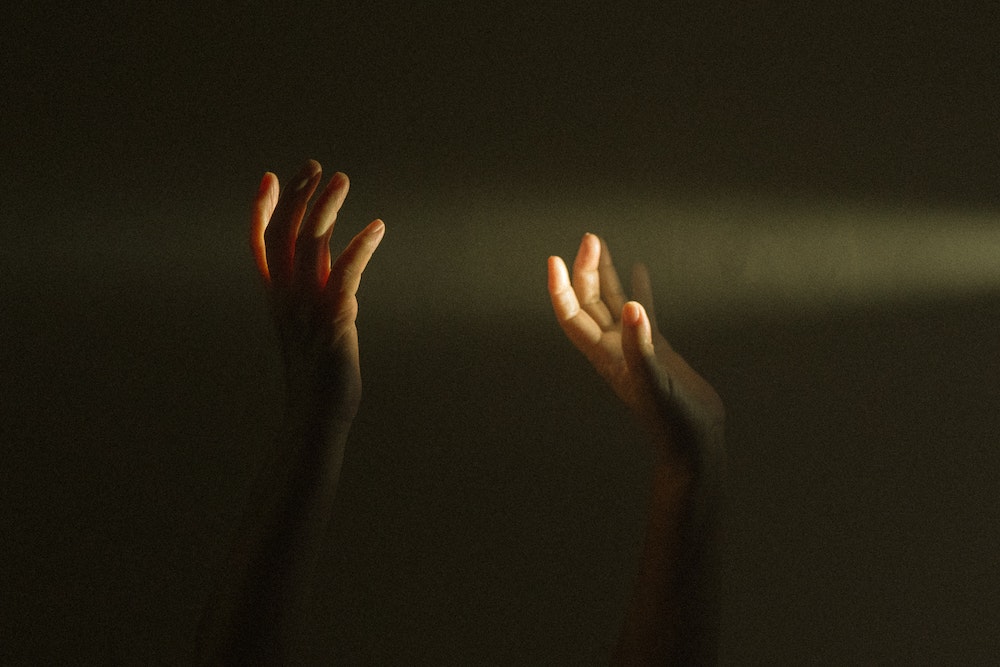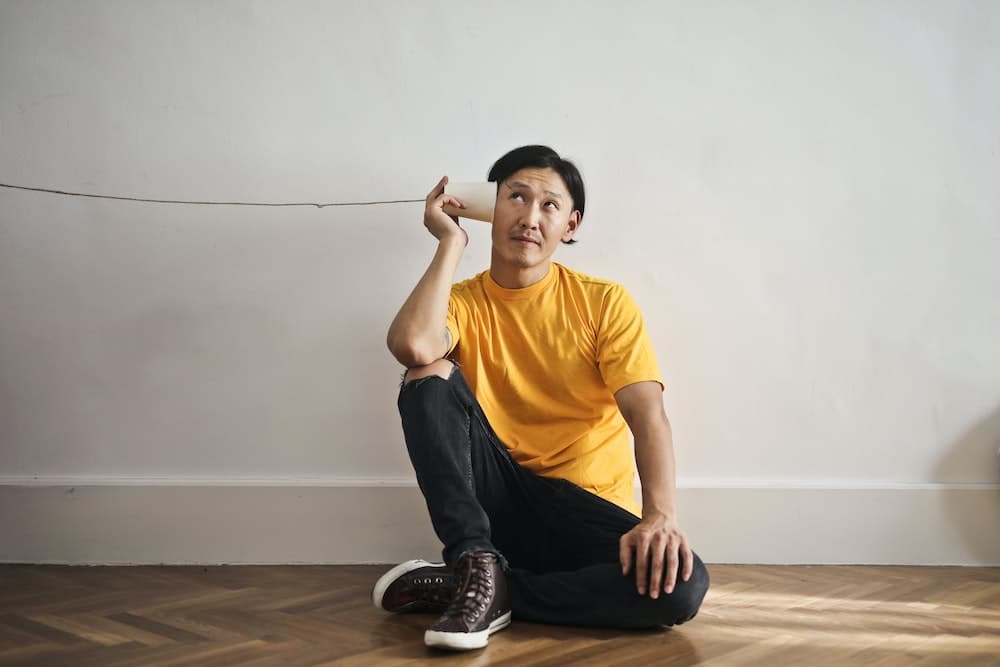Table of Contents
Coined by a Japanese psychiatrist in the late 1990s, the term ‘hikikomori (引きこもり)’ describes socially withdrawn individuals – typically, youths or young adults – who have secluded themselves from the outside world by choosing to stay in their homes or rooms. While the phenomenon was first prevalent in Japan, the issue of social withdrawal is not unique to Japan. In fact, it’s been observed across the globe that the phenomenon of hikikomori has increased, particularly after the Covid-19 pandemic.
Although there are no official published reports or academic research on hikikomori (also termed as ‘hidden youth’) in Singapore, social workers and private mental health experts have shared that they have seen an increase in cases regarding socially withdrawn youths in the past few years. In a Today article, these experts share that they see up to five cases a year, with most of their patients being youths aged between 10 and 39.
In this article, we delve deeper into this condition and its contributing risk factors, as well as how we can support our loved ones, if we notice any signs of social withdrawal.
Common Behavioural Traits of Hikikomori
According to a group of Japanese researchers, hikikomori have the following characteristics:
- they spend most of their time at home (or in their rooms)
- they have no interest in going outside to school or for work
- they have withdrawn from the outside world for more than 6 months
- their behaviour excludes the diagnosis of schizophrenia, mental retardation, and bipolar disorder; that is, their social withdrawal is not because of these mental health conditions
- they have not been maintaining personal relationships, such as friendships
While the above are a group of general characteristics, researchers note that hikikomori isn’t a defined psychiatric diagnosis; rather, it is generally used as a broader descriptor for someone who is socially withdrawn for a prolonged period of time. What is of emphasis is the length of time that the individual has secluded themselves: most experts agree that it should be half a year or more.
Signs of Social Withdrawal
Social withdrawal can happen slowly over time. There are certain signs that you can look out for, particularly if you’re concerned about a loved one, who seems to be facing issues with their mental health:
- Turning down or avoiding social activities that they used to enjoy
- Avoiding social situations or events where they have to meet new people
- Becoming less talkative or open, even with a group they’re familiar with
- Opting to stay at home or constantly choosing to do solitary activities
Causes of Social Withdrawal
There can be many different contributing factors for why someone may choose to withdraw from the world. Although the image of the typical hikikomori is one of a young man (and usually someone who plays a lot of video games or watches Japanese animation), gender nor one’s entertainment preferences is not a contributing cause to being a hikikomori.
Rather, there are larger sociocultural factors at play — such as those found predominantly in high stress, urban environments.
Societal Expectations
From our education system to the competitive workforce, it’s undeniable that Singapore is a fast-paced, high-pressure society.
Although it can be a dated saying, success in Singapore can still be defined conventionally by the 5 Cs: ‘cash, car, credit card, condominium and country club membership‘. Generally, the expectation of most Singaporean children is to do well in school, go to a good university to meet their partners, get a well-paying job, settle down in time for a Build-To-Order (BTO) flat, and finally start a family — so that the entire cycle can repeat.
The weight of these societal pressures can be intense, especially for those who don’t find social support when they’re struggling. If the expectations get too overwhelming, one may choose to withdraw from everything instead, as a form of coping mechanism. This ends up being a dark spiral down: the more one withdraws, the more one may feel like they’re ‘behind’, the more pressure they feel, and on it goes.
Mental Health Issues
Hikikomori may also have underlying mental health issues that have gone undiagnosed. Social withdrawal to an extreme extent could be a sign of conditions such as anxiety disorders or depression; depending on the reason for why the individual has chosen to seclude themselves away.
However, as these individuals may not think of seeking treatment (especially if they’ve sunk into the condition enough, to refuse to leave their rooms), it can be challenging for them to receive the treatment they need as well as a diagnosis of what they’re facing.
Support strategies: How to help socially withdrawn loved ones
It can be challenging to provide support to your loved one, if they seem to be isolating themselves. The last thing you should do is to pressure them into a huge social situation that they’re uncomfortable in.
Be empathetic and listen
Let your loved one know that they have your support, and that you’re willing to listen to them, if they need to share about the stressors or mental health issues that they’re facing. Even if they don’t want to talk about their mental health, simply lend them your company and let them understand that they’re not alone.
It is important that you create a safe environment for them, while also gently encouraging them to re-engage with the world when the opportunity arises.
Encourage them to seek treatment
Ultimately, it’s best if your loved one speaks to a trained psychologist, as a psychologist would be best equipped to help them overcome the psychological blocks that they’re facing.
This may involve hard conversations with your loved one, especially if they are unwilling to step out of their home or room. While you shouldn’t force the issue, you should continue to suggest this as an option for them, and assure them that there’s nothing ‘wrong’ with seeking professional treatment either.
At A Space Between, we have experienced mental health experts, who are able to provide guidance and support for your loved one, if you’re concerned about their mental health. Reach out to us anytime to understand possible options for therapy.
References:
- https://www.asiaone.com/singapore/singaporeans-hikikomori-behaviour-after-retrenchment-ends-divorce
- https://www.todayonline.com/singapore/hikikomori-singapore-recluses-hidden-view-and-loss-help
- https://www.jcu.edu.sg/news/releases/hikikomori-risk-factors-linked-to-social-withdrawal-tendencies-among-young-adults-in-singapore
- https://www.impart.sg/hikikomori
- https://medicine.nus.edu.sg/nmsc/wp-content/uploads/sites/4/2019/12/Hikikomori-Symposium-2017-Mr-Ray-Chua.pdf
- https://www.ncbi.nlm.nih.gov/pmc/articles/PMC10061831/
- https://www.asiaone.com/singapore/singaporeans-hikikomori-behaviour-after-retrenchment-ends-divorce
- https://www.ncbi.nlm.nih.gov/pmc/articles/PMC4776119/
- https://www.verywellmind.com/what-causes-social-withdrawal-7095469

An experienced health & wellness writer, I am a story-teller at heart. For me, writing is a way of weaving together the little details that make our existence meaningful and significant into a beautiful, larger story.




